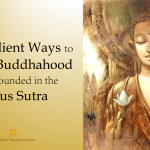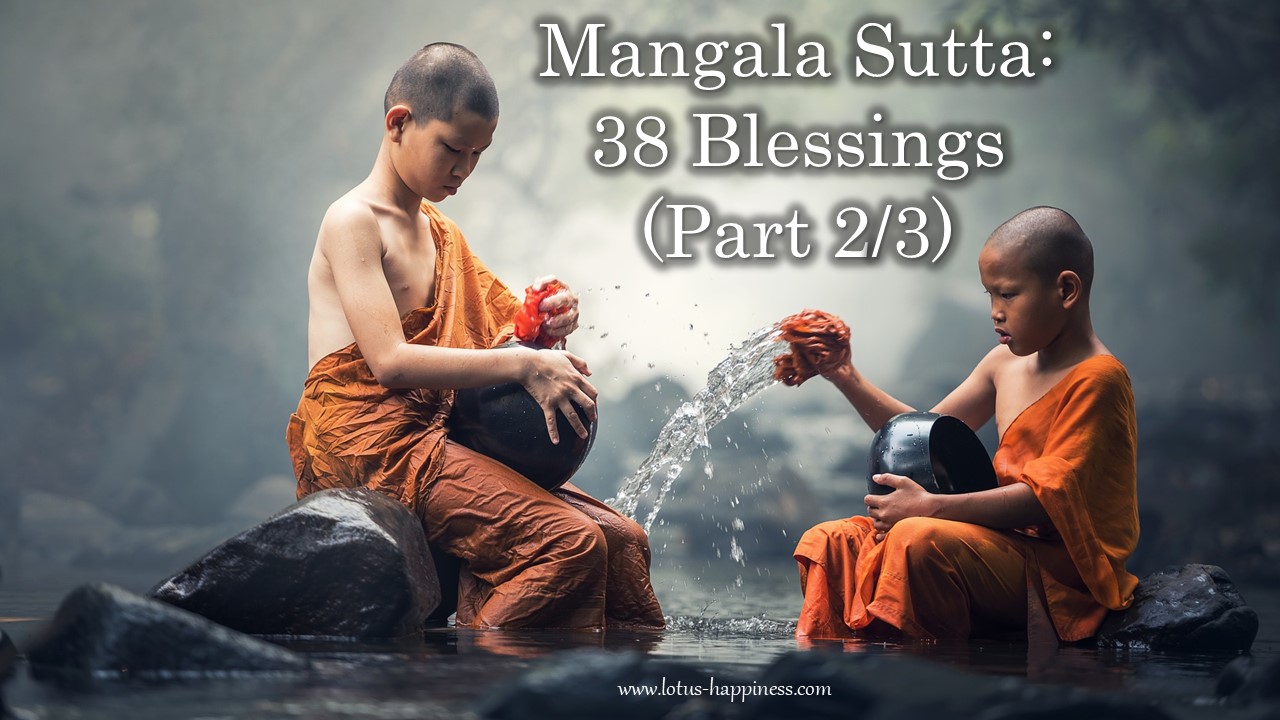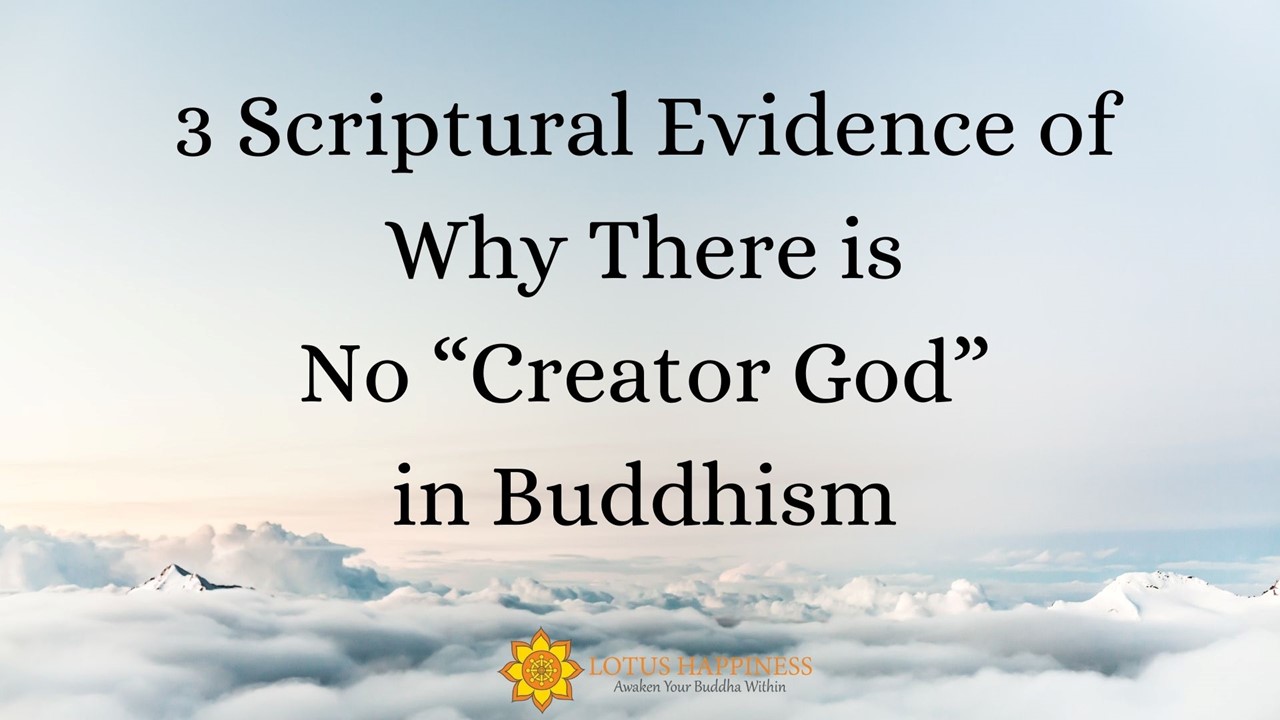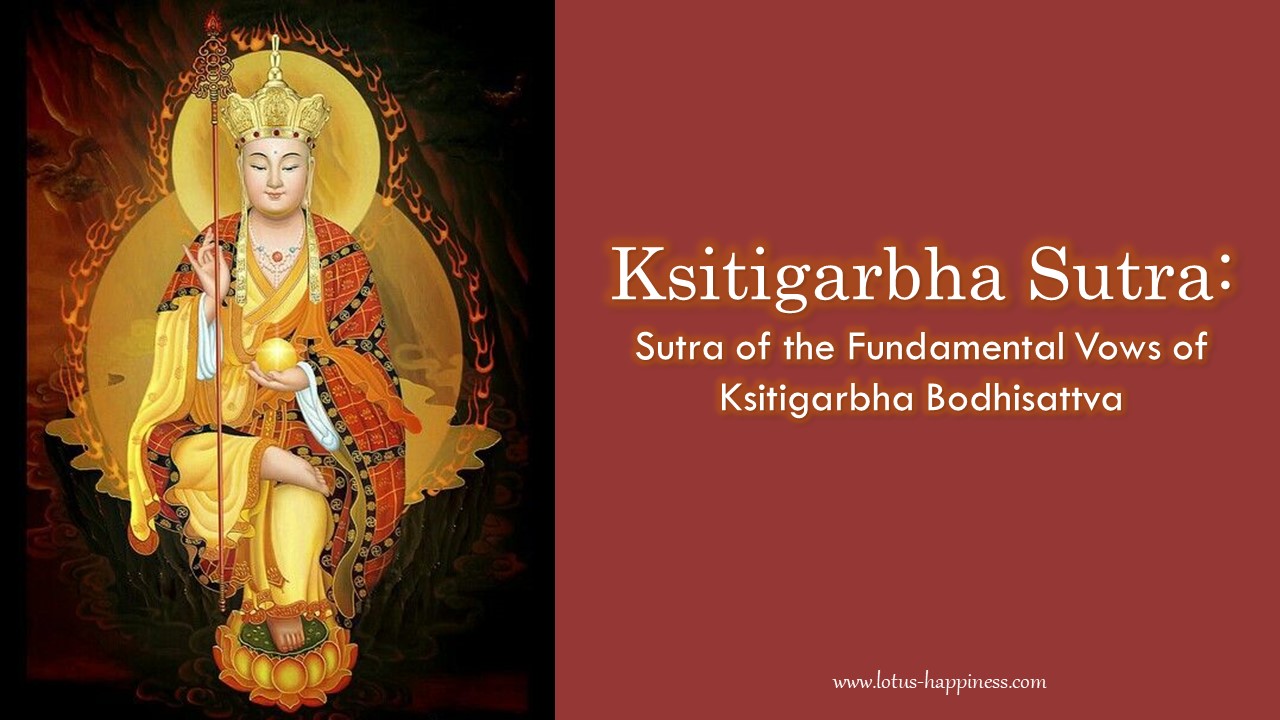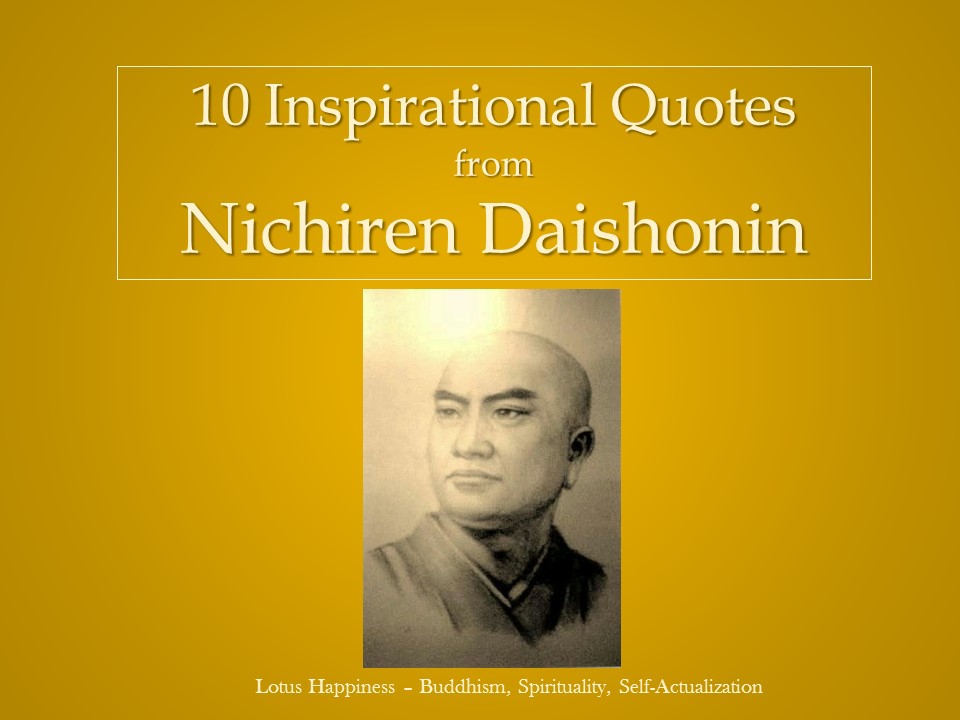
Nichiren Daishonin (1222 – 1282) is a Japanese Buddhist monk who lived during the 13th century of Japan. Having studied Buddha’s teachings from different schools of Buddhism such as Zen, Pureland and Tendai, Nichiren concluded that the Lotus Sutra is the ultimate teachings of Shakyamuni Buddha. Nichiren’s interpretation of Buddhism is influenced by Master Zhiyi (Chih-I) from Tian Tai school of Chinese Buddhism, as evidenced from his vast references from three seminal works of Master Zhiyi such as Words and Phrases of the Lotus Sutra, The Profound Meaning of the Lotus Sutra, Great Concentration and Insight.
Nichiren promulgated the chanting of the title of the Lotus Sutra as the practice for people in the Latter Day of the Law when the essence of the Buddha-Dharma is obscured and lost. On April 28, 1253, Nichiren recited the daimoku “Nam Myoho Renge Kyo” for the first time. Subsequently, he fervently propagated the Law of Buddhahood expressed by the Law of Nam Myoho Renge Kyo, triumphing all obstacles and persecutions that came along the way. On October 12, 1279, Nichiren inscribed the Dai-Gohonzon, the object of worship, for the posterity. The Dai-Gohonzon is currently being enshrined in Taiseki-ji in Japan.
The essence of Nichiren Daishonin’s teaching is the daimoku of “Nam Myoho Renge Kyo.” Thus, it is not surprising to discover that all his works – be it Gosho or the Oral Transmissions – explain Buddhism from the perspective of the daimoku. For Nichiren, everything ultimately boils down to the five characters of Myoho Renge Kyo – the metaphoric title of the Lotus Sutra that represents the Law of Anuttara Samyak Sambodhi (Buddhahood or Supreme Perfect Enlightenment).
After the passing of Nichiren, Nikko Shonin, the chief disciple of Nichiren, went on to gather most of the letters written by Nichiren for the purpose of preservation. These letters are compiled in the book known as the Gosho.Here are 10 inspirational quotes by Nichiren Daishonin as extracted in the Gosho:
Quote #1
Our Life is the Expression of the Mystic Law
“Life is indeed an elusive reality that transcends both the words and concepts of existence and nonexistence. It is neither existence nor nonexistence, yet exhibits the qualities of both. It is the mystic entity of the Middle Way that is the ultimate reality. Myo is the name given to the mystic nature of life, and Ho, to its manifestations. Renge, which means lotus flower, is used to symbolize the wonder of this Law. If we understand that our life at this moment is Myo, then we will also understand that our life at other moments is the Mystic Law.” – The Writings of Nichiren Daishonin Vol 1: On Attaining Buddhahood in This Lifetime, p4
Quote #2
Earthly Desires are Enlightenment
“It is the enlightenment that reality and wisdom are two, and yet they are not two.These are teachings of prime importance. These are also what is called “earthly desires are enlightenment,” and “the sufferings of birth and death are nirvana.” – The Writings of Nichiren Daishonin Vol 1: Early Desires are Enlightenment, p 318
Quote #3
The Buddha in Our Hearts
“We ordinary people can see neither our own eyelashes, which are so close, nor the heavens in the distance. Likewise, we do not see that the Buddha exists in our own hearts. ” – The Writings of Nichiren Daishonin Vol 1: New Year’s Gosho , p 1137
Quote #4
Faith, Practice, and Study
“Believe in the Gohonzon, the supreme object of devotion in all of Jambudvipa. Be sure to strengthen your faith, and receive the protection of Shakyamuni, Many Treasures, and the Buddhas of the ten directions. Exert yourself in the two ways of practice and study. Without practice and study, there can be no Buddhism. You must not only persevere yourself; you must also teach others. Both practice and study arise from faith. Teach others to the best of your ability, even if it is only a single sentence or phrase.” – The Writings of Nichiren Daishonin Vol 1: The True Aspect of All Phenomena p 386
Quote #5
The Virtue of Equanimity Regardless of Changing Circumstances
“Worthy persons deserve to be called so because they are not carried away by the eight winds: prosperity, decline, disgrace, honor, praise, censure, suffering, and pleasure.” – The Writings of Nichiren Daishonin Vol 1: The Eight Wind, p 794
Quote #6
The Gohonzon Exists Within Us
“Never seek this Gohonzon outside yourself. The Gohonzon exists only within the mortal flesh of us ordinary people who embrace the Lotus Sutra and chant Nam-myoho-renge-kyo” – The Writings of Nichiren Daishonin Vol 1: The Real Aspect of the Gohonzon, p 832
Quote #7
Attaining Buddhahood in One’s Present Form
“The heart of the Lotus Sutra is the revelation that one may attain supreme enlightenment in one’s present form without altering one’s status as an ordinary person. This means that without casting aside one’s karmic impediments one can still attain the Buddha way.” – The Writings of Nichiren Daishonin Vol 1: Reply to Hakiri Saburo , p 410
Quote #8
Pure Land Exists in Our Minds
“If the minds of living beings are impure, their land is also impure, but if their minds are pure, so is their land. There are not two lands, pure or impure in themselves. The difference lies solely in the good or evil of our minds. ” – The Writings of Nichiren Daishonin Vol 1: On Attaining Buddhahood in This Lifetime, p 4
Quote #6
Chant Nam Myoho Renge Kyo, Come Rain or Shine
“Suffer what there is to suffer, enjoy what there is to enjoy. Regard both suffering and joy as facts of life, and continue chanting Nam Myoho Renge Kyo, no matter what happens. How could this be anything other than the boundless joy of the Law?” – The Writings of Nichiren Daishonin Vol 1: Happiness in This World, p 681
Quote #7
The Daimoku Is the Medicine
“Nam Myoho Renge Kyo is like the roar of a lion. What sickness can therefore be an obstacle?” The Writings of Nichiren Daishonin Vol 1: Reply to Kyo’o p 412
Quote #8
Faith is the Basis of Buddhism
“What is most important is that, by chanting Nam Myoho Renge Kyo alone, you can attain Buddhahood. It will no doubt depend on the strength of your faith. To have faith is the basis of Buddhism.” The Writings of Nichiren Daishonin Vol 1: The Real Aspect of the Gohonzon p 832
Quote #9
Polishing Our Buddha-Nature through Chanting Nam Myoho Renge Kyo
“When deluded, one is called an ordinary being, but when enlightened, one is called a Buddha. This is similar to a tarnished mirror that will shine like a jewel when polished. A mind now clouded by the illusions of the innate darkness of life is like a tarnished mirror, but when polished, it is sure to become like a clear mirror, reflecting the essential nature of phenomena and the true aspect of reality. Arouse deep faith, and diligently polish your mirror day and night. How should you polish it? Only by chanting Nam Myoho Renge Kyo.” – The Writings of Nichiren Daishonin Vol 1: On Attaining Buddhahood in This Lifetime, p 4
Quote #10
The Essence of Nichiren Buddhism is the Daimoku of Nam Myoho Renge Kyo
“I, Nichiren, have inscribed my life in sumi ink, so believe in the Gohonzon with your whole heart. The Buddha’s will is the Lotus Sutra, but the soul of Nichiren is nothing other than Nam Myoho Renge Kyo.” – The Writings of Nichiren Daishonin Vol 1: Reply to Kyo’o p 412







